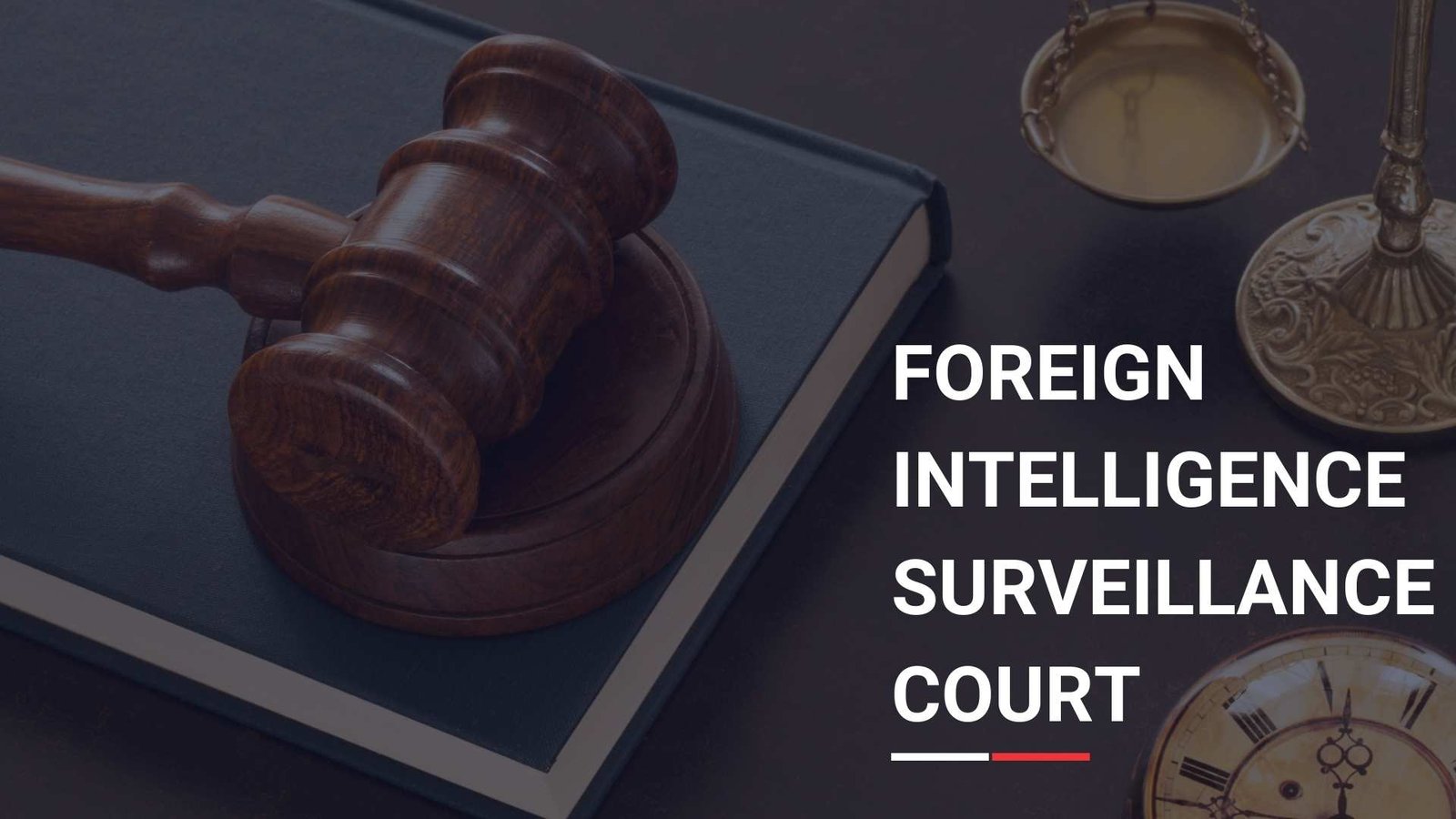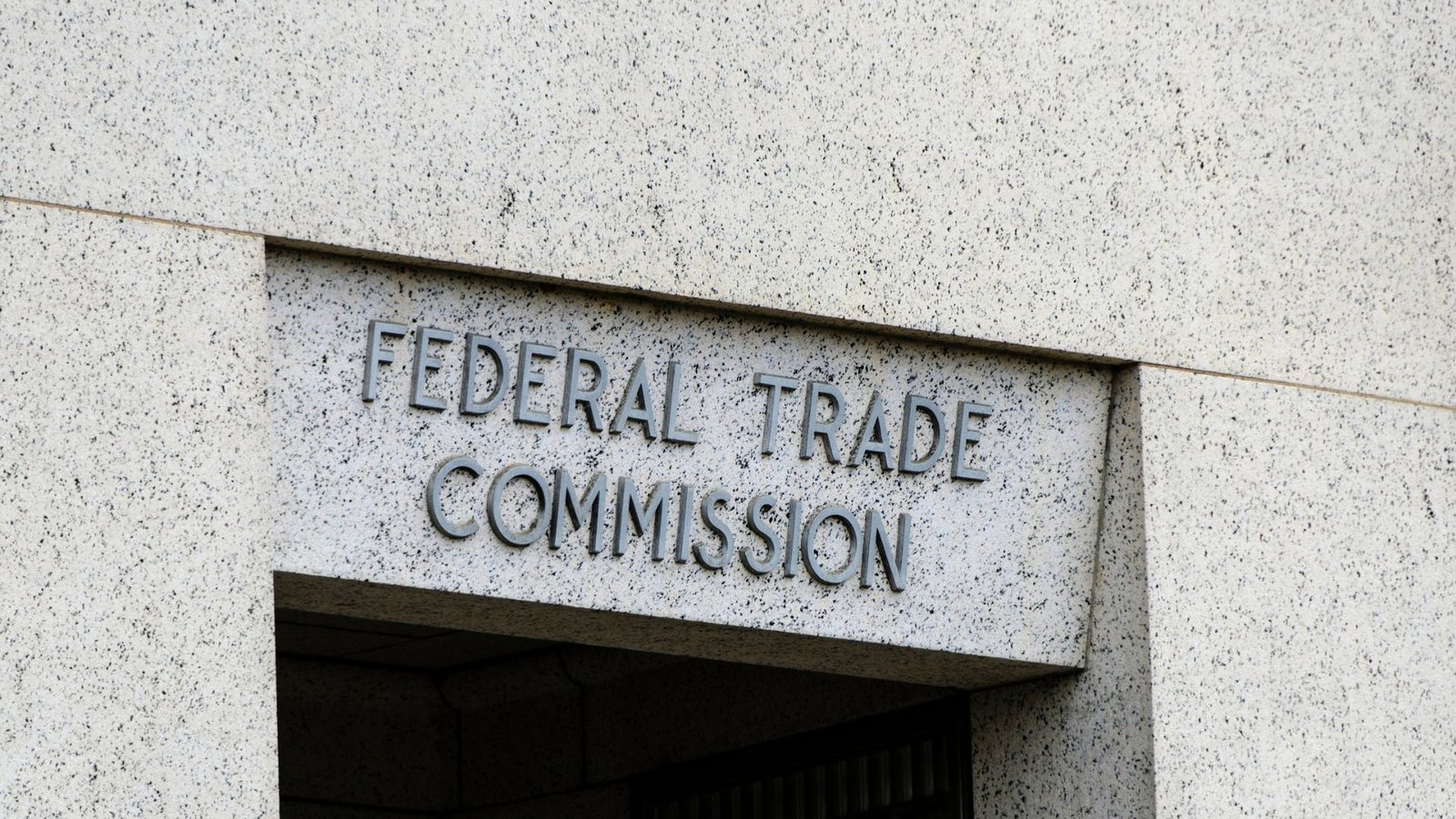On this page you will read detailed information about United States Court of International Trade.
As you navigate the complex world of international trade, you may encounter a unique judicial body: the U.S. Court of International Trade. This specialized federal court plays a crucial role in resolving disputes related to customs and international trade law. Whether you’re an importer, exporter, or simply curious about the intricacies of global commerce, understanding this court’s function and jurisdiction is essential. In this article, you’ll gain insight into the Court of International Trade’s history, structure, and significance in shaping U.S. trade policies. Explore how this institution impacts businesses and consumers alike, and discover why its decisions reverberate throughout the global economy.
What is the United States Court of International Trade?
The U.S. Court of International Trade is a specialized federal court established to provide a comprehensive system for judicial review of civil actions arising from import transactions and federal actions affecting international trade. As an Article III federal court, it plays a crucial role in resolving disputes related to U.S. customs and international trade laws.
History and Jurisdiction
The Court of International Trade has a rich history dating back to the first case tried under the U.S. Constitution involving an import dispute. Over time, it evolved from the Board of General Appraisers to the U.S. Customs Court, and finally to its current form. Today, the court has nationwide geographical jurisdiction and a broad subject matter jurisdiction, allowing it to hear cases from across the United States.
Structure and Operations
The Court of International Trade is composed of nine judges appointed by the President and confirmed by the Senate. These judges serve life terms and can be temporarily assigned to other federal courts when necessary. Located in New York City, the court operates with its own rules of practice and procedure, modeled after the Federal Rules of Civil Procedure.
Types of Cases
The majority of cases heard by the Court of International Trade involve:
- Antidumping and countervailing duties
- Classification and valuation of imported merchandise
- Actions to recover unpaid customs duties and civil penalties
- Various actions arising under tariff laws
In 2020, the court reported 3,670 case filings, a significant increase from previous years, demonstrating the growing importance of international trade disputes in the U.S. legal system.
The History of the Court of International Trade
Early Roots in Customs Disputes
The Court of International Trade has a rich history deeply intertwined with America’s trade policies. Its origins can be traced back to the very first case tried under the U.S. Constitution, which involved a dispute arising from an importation. This early connection to international trade matters set the stage for the court’s future development.
Evolution of the Court
The court’s modern incarnation began with the Customs Administrative Act of 1890, which established the Board of General Appraisers to handle customs-related disputes. In 1926, this board was reorganized and renamed the United States Customs Court, marking a significant step in its evolution.
Transformation into the Court of International Trade
A pivotal moment came in 1980 when the Customs Courts Act renamed the United States Customs Court to the United States Court of International Trade. This change reflected the court’s expanded jurisdiction beyond just customs matters, encompassing a wide range of international trade issues.
Expanded Jurisdiction and Powers
The 1980 Act significantly broadened the court’s subject matter jurisdiction and powers. Today, the Court of International Trade handles a variety of cases related to tariffs, antidumping duties, and other trade regulations. Its geographical jurisdiction extends throughout the United States, and it can even hold hearings in foreign countries when necessary.
Current Structure and Significance
The Court of International Trade now consists of nine judges appointed by the President and confirmed by the Senate. These judges serve life terms, ensuring the court’s independence and continuity. As an Article III court, it plays a crucial role in the U.S. judicial system, providing a comprehensive framework for judicial review of civil actions arising from import transactions and federal decisions affecting international trade.
In the previous post, we had shared information about An Overview of the National Security Council, so read that post also.
The Jurisdiction of the Court of International Trade
The Court of International Trade holds a unique position within the U.S. federal judiciary system, with its jurisdiction primarily focused on cases involving international trade and customs law. As a specialized court, it plays a crucial role in resolving disputes that arise from the nation’s complex web of import regulations and trade agreements.
Scope of Authority
The Court of International Trade has exclusive jurisdiction over civil actions arising from U.S. customs and international trade laws. This encompasses a wide range of cases, including:
- Challenges to customs classification and valuation decisions
- Disputes over antidumping and countervailing duty determinations
- Controversies involving trade adjustment assistance
- Actions related to import restrictions and embargoes
The court’s authority extends to reviewing decisions made by various federal agencies, such as U.S. Customs and Border Protection and the International Trade Commission.
Geographic Reach
While the Court of International Trade is physically located in New York City, its jurisdiction is nationwide. This means that regardless of where in the United States a trade dispute originates, it falls under the purview of this specialized court. The court’s judges are also authorized to hold court sessions at any U.S. port or location with a customs office, ensuring accessibility and efficiency in handling cases across the country.
Impact on International Commerce
The decisions made by the Court of International Trade have far-reaching implications for global trade. By interpreting and applying U.S. trade laws, the court plays a vital role in shaping the landscape of international commerce. Its rulings can affect everything from the cost of imported goods to the competitive position of domestic industries in the global marketplace.
The Judges of the Court of International Trade
The Court of International Trade is composed of a distinguished panel of judges who bring extensive expertise to this specialized federal court. Established in 1980, the court consists of nine active judges and four senior judges, all based in New York City. These jurists play a crucial role in adjudicating complex international trade disputes and interpreting customs laws.
Appointment and Qualifications
Judges of the Court of International Trade are appointed by the President of the United States and confirmed by the Senate, similar to other federal judges. They are selected based on their exceptional legal knowledge, particularly in areas of international trade law, customs regulations, and related fields. Many judges come from backgrounds in trade law, having served in government agencies or private practice before their appointment to the bench.
Responsibilities and Case Load
The judges of the Court of International Trade handle a diverse range of cases related to international commerce. Their responsibilities include:
- Adjudicating civil actions against the United States arising from federal import laws
- Reviewing agency determinations on antidumping and countervailing duty matters
- Deciding on the eligibility of workers, firms, and communities for trade adjustment assistance
According to the Department of Justice, these judges preside over cases involving the recovery of penalties or customs duties, defense of determinations made by various government agencies, and disputes over the classification of imported goods. Their decisions have far-reaching implications for international trade policy and practices.
Continued Learning and Expertise
To maintain their expertise in this rapidly evolving field, judges of the Court of International Trade engage in ongoing education and professional development. They often participate in conferences, seminars, and training programs to stay abreast of the latest developments in international trade law and customs regulations. This commitment to continued learning ensures that the court remains at the forefront of addressing complex global trade issues.
The Court of International Trade Procedure
Filing a Case
When initiating a case with the Court of International Trade, you must follow specific procedures. The first step is to file a summons and complaint with the Clerk’s Office. These documents should clearly state the nature of your claim and the relief sought. According to the Office of the Chief Counsel for Trade Enforcement & Compliance, cases often involve complex statutory and regulatory provisions governing antidumping and countervailing duty determinations.
Court Proceedings
Once your case is filed, the Court of International Trade will assign a judge to oversee the proceedings. The court follows a formal process, which may include hearings, oral arguments, and the submission of briefs. During this phase, both parties present their arguments and evidence. It’s important to note that the court’s procedures are designed to ensure fair and impartial resolution of international trade disputes.
Decision and Appeals
After considering all presented evidence and arguments, the judge will issue a decision. If you’re dissatisfied with the outcome, you have the right to appeal. The Court of International Trade’s decisions can be appealed to the United States Court of Appeals for the Federal Circuit. In some cases, disputes may even escalate to international forums. The Office of the Chief Counsel for Trade Enforcement & Compliance notes that they defend trade remedy determinations before federal courts, USMCA panels, and in WTO dispute settlement proceedings.
Understanding these procedures is crucial when engaging with the Court of International Trade. The process, while complex, is designed to provide a fair and thorough examination of international trade disputes, ensuring that all parties have the opportunity to present their case effectively.
Types of Cases Heard by the Court of International Trade
The United States Court of International Trade, an Article III federal court, has exclusive jurisdiction over a wide range of civil actions related to international trade. This court plays a crucial role in resolving disputes and interpreting customs and international trade laws. Let’s explore the main categories of cases that come before this specialized tribunal.
Customs and Tariff Disputes
One of the primary areas of focus for the Court of International Trade is adjudicating cases involving customs regulations and tariff classifications. These disputes often arise when importers challenge decisions made by U.S. Customs and Border Protection regarding the classification or valuation of imported goods. The court’s rulings in these matters can have significant implications for businesses engaged in international commerce.
Trade Remedy Cases
Another critical type of case heard by the Court of International Trade involves trade remedies. These include challenges to antidumping and countervailing duty determinations, which are measures implemented to protect domestic industries from unfair foreign competition. The court reviews these cases to ensure that the U.S. government’s actions comply with international trade agreements and domestic laws.
Enforcement of Trade Agreements
The Court of International Trade also presides over cases related to the enforcement of international trade agreements. This includes disputes arising from the implementation of free trade agreements, as well as challenges to decisions made by U.S. trade agencies. By adjudicating these matters, the court helps maintain the integrity of the global trading system and ensures that the United States upholds its international obligations.
Other Trade-Related Disputes
In addition to the aforementioned categories, the Court of International Trade has jurisdiction over various other trade-related issues. These may include cases involving customs fraud, trade defense measures, and challenges to administrative decisions made by U.S. trade agencies. The court’s broad jurisdiction allows it to address a wide spectrum of international trade disputes, providing a comprehensive forum for resolving complex legal matters in this specialized field.
The Impact of the Court of International Trade
Ensuring Fair Trade Practices
The Court of International Trade plays a pivotal role in shaping the landscape of international commerce for the United States. As an Article III court with nationwide jurisdiction, it wields significant influence over civil actions arising from U.S. customs and international trade laws. You’ll find that its decisions have far-reaching consequences, affecting businesses, consumers, and the overall economy.
One of the court’s primary impacts is maintaining a level playing field for both domestic and international businesses. By providing independent, consistent, fair, and impartial interpretation and application of customs and international trade laws, the Court of International Trade ensures that all parties involved in international commerce adhere to established regulations. This fosters a climate of trust and stability in global trade relations.
Resolving Complex Trade Disputes
The Court of International Trade serves as a crucial arbiter in resolving intricate trade disputes. Its specialized focus allows for nuanced understanding and resolution of complex issues that arise in the realm of international commerce. You can expect the court to handle cases involving tariff classifications, dumping allegations, and other trade-related matters with expertise and precision.
By providing a dedicated forum for these disputes, the Court of International Trade helps streamline the legal process and ensures that trade-related conflicts are addressed efficiently. This contributes to the smooth flow of international trade and helps prevent prolonged disruptions to business operations.
Influencing Trade Policy and Legislation
The decisions rendered by the Court of International Trade often have significant implications for U.S. trade policy and legislation. As it interprets and applies existing laws, the court’s rulings can highlight areas where current regulations may be inadequate or in need of revision. This feedback loop between the judiciary and the legislative branches helps refine and improve the legal framework governing international trade.
Moreover, the court’s decisions can influence how government agencies implement trade policies, ensuring that administrative actions align with the law and the principles of fair trade. This oversight helps maintain the integrity of the U.S. trade system and bolsters confidence in American markets among international partners.
Appealing Decisions of the Court of International Trade
The Appeals Process
When a party disagrees with a decision made by the Court of International Trade, they have the right to appeal. The appeals process allows for a thorough review of the court’s ruling, ensuring fairness and accuracy in international trade disputes. According to U.S. Code, the Court of International Trade’s decision is final and conclusive unless a retrial or rehearing is granted, or an appeal is filed with the Court of Appeals for the Federal Circuit.
Filing an Appeal
To initiate an appeal, you must file a notice of appeal with the clerk of the Court of International Trade within the prescribed time and manner. It’s crucial to adhere to strict deadlines and procedural requirements. For instance, if you’re contesting a denied protest or petition for reconsideration, you must file a civil action in the United States Court of International Trade within 30 days of the denial.
Grounds for Appeal
Appeals can be based on various grounds, including:
- Errors in the interpretation of law
- Procedural irregularities
- New evidence that wasn’t available during the initial proceedings
The Court of International Trade’s final decision must be supported by either a statement of findings of fact and conclusions of law or an opinion stating the reasons and facts upon which the decision is based.
The Role of the Federal Circuit
The Court of Appeals for the Federal Circuit has exclusive jurisdiction over appeals from the Court of International Trade. This specialized court ensures that international trade laws are interpreted and applied consistently across the United States. Its decisions can have far-reaching implications for importers, exporters, and the broader international trade community.
Remember, navigating the appeals process can be complex. It’s often advisable to seek legal counsel experienced in international trade law to guide you through the intricacies of appealing decisions of the Court of International Trade.
Court of International Trade FAQs
The Court of International Trade is a specialized Article III federal court established to provide comprehensive judicial review of civil actions arising from import transactions and federal actions affecting international trade. Created by the Customs Courts Act of 1980, this court has expanded jurisdiction over a wide range of international trade-related cases.
The Court of International Trade comprises nine judges appointed by the President and confirmed by the Senate. These judges serve life terms and have the authority to preside over trials anywhere in the United States. The court’s geographical jurisdiction extends throughout the country, and it can even hold hearings in foreign countries when necessary.
The court’s subject matter jurisdiction covers civil actions against the U.S. government, its officers, or agencies related to international trade laws. It also handles certain civil actions brought by the U.S. government in trade-related matters. The court plays a crucial role in resolving disputes involving customs duties, import regulations, and other trade-related issues.
The Court of International Trade utilizes the CM/ECF (Case Management/Electronic Case Files) system for electronic filing and case management. Attorneys and the public can access court documents through this system. Additionally, the court provides a CM/ECF Help Desk to assist with questions about the system, case information, and technical issues.
For those seeking general information about international trade matters, the United States International Trade Commission (USITC) offers a wealth of resources, including reports, publications, and data related to trade, tariffs, and industry competitiveness.
Conclusion
As you’ve learned, the U.S. Court of International Trade plays a vital role in resolving disputes related to international trade and customs matters. Its specialized jurisdiction and expertise make it uniquely positioned to address complex issues in this rapidly evolving area of law. By understanding the court’s history, structure, and functions, you’re better equipped to navigate the intricacies of international trade litigation. Whether you’re a business owner, legal professional, or simply interested in global commerce, the Court of International Trade’s decisions impact trade policies and practices that affect us all. As international trade continues to shape our interconnected world, the importance of this institution will only grow in the years to come.
Disclaimer
The information and services on this website are not intended to and shall not be used as legal advice. You should consult a Legal Professional for any legal or solicited advice. While we have good faith and our own independent research to every information listed on the website and do our best to ensure that the data provided is accurate. However, we do not guarantee the information provided is accurate and make no representation or warranty of any kind, express or implied, regarding the accuracy, adequacy, validity, reliability, availability, or completeness of any information on the Site. UNDER NO CIRCUMSTANCES SHALL WE HAVE ANY LIABILITY TO YOU FOR ANY LOSS OR DAMAGE OF ANY KIND INCURRED AS A RESULT OR RELIANCE ON ANY INFORMATION PROVIDED ON THE SITE. YOUR USE OF THE SITE AND YOUR RELIANCE ON ANY INFORMATION ON THE SITE IS SOLELY AT YOUR OWN RISK. Comments on this website are the sole responsibility of their writers so the accuracy, completeness, veracity, honesty, factuality and politeness of comments are not guaranteed.
So friends, today we talked about United States Court of International Trade, hope you liked our post.
If you liked the information about United States Court of International Trade, then definitely share this article with your friends.








